
Hypothyroidism is the condition caused by the lack of production of thyroid hormones in the thyroid gland. Early symptoms observed in adults are poor muscle tone, thin fingernails, muscle cramps, sensitivity to cold, fatigue, depression, carpal tunnel syndrome, insufficient sweating, dry skin, constipation, weight gain, retention of water and osteoporosis. Symptoms that occur late in the development of the condition are slow speech, abnormal menstrual cycles, low body temperature and disappearance of the eyebrows. One of the most common causes for this condition is iodine deficiency. Other causes are postpartum thyroiditis and hereditary factor.
Treatment
Hypothyroidism is treated with prescribed drugs such as thyroxine and triidothyronine which contain the thyroid hormone. They are taken daily and several blood tests have to be done in order for the doctor to determine the right dose for each patient individually. Besides the methods of traditional medicine, there is a strict diet designed particularly for people with this condition which can reduce the symptoms and help people suffering to feel much better. Firstly, it is very important to include natural foods into one's diet such as whole grains, fruits and vegetables, seafood and lean protein. Meats rich in fat should be limited. It would be good to take a multivitamin, as well. One of the most important nutrients in a diet for hypothyroidism is antioxidant selenium. Sources of selenium are Brazil nuts, but also lean meats. Fibers are also helpful for those who are trying to lose weight because they make the body feel full, and are good for constipation, a common symptom of hypothyroidism. Fibers can be taken in the form of pills, but there are various food types rich in fibers, such as beans, rice, whole wheat and oatmeal. People with this condition should always choose unprocessed sugars ove refined ones, and they should avoid alcohol since it causes changes in the levels of blood sugars. It would be best to have small portions of food throughout the day instead of fewer larger portions because smaller portions help accelerate the metabolism which usually slows down as a result of hyperthyroidism. Portions should not exceed the limit of 300 calories each. Diet for hyperthyroidism should include a lot of water, fruit and vegetables. Foods that should be avoided are those full of starches such as potatoes and corn, raw foods such as cabbage, cauliflower, kale, spinach, broccoli and grains because they increase the risk of developing goiter.




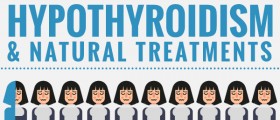

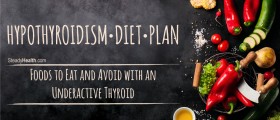
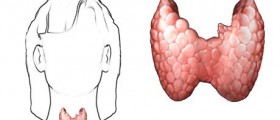
-And-Children-16-Warning-Signs-And-Symptoms_f_280x120.jpg)

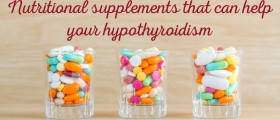




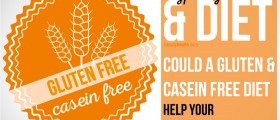

Your thoughts on this
Loading...